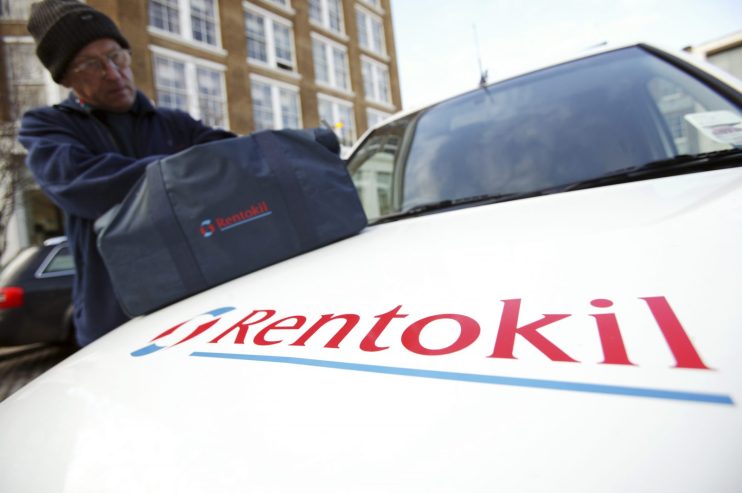Rentokil’s shares plummet 13 per cent after pricey £5bn US expansion deal

Rentokil’s shares have fallen 13.2 per cent on the London Stock Exchange’s main market, after the company announced its intention to buy Terminix Global (Terminix) at a 47 per cent premium.
The cash and share deal is the company’s largest ever deal and a landmark UK-US acquisition.
The agreed £5bn deal boosts Terminix’s implied price to $55 per share – a 47 per cent premium on its last closing price.
Michael Hewson, chief market analyst at CMC Markets UK described the deal as a “little bit on the pricey side”.
Terminix specialises in pest control ranging from rats and cockroaches to scorpions.
Rentokil hopes to swarm the US market and become the global leader in pest control and dominate North America, the world’s largest market.
Both boards backed the agreement unanimously, which is expected to generate material annual pre-tax synergies of at least £113m three years after the deal.
Following the deal, its shareholders will own 26 per cent of the enlarged company, which will trade in London and New York.
They can elect to receive cash or shares in the transaction.
Rentokil plans to pay 20 per cent of the overall purchase price in stock.
Upon completion, the combined group will have 56,000 employees serving 4.9m customers around the world from 790 locations.
Rentokil believes this will provide the company with a strong platform for future growth.
Commenting on today’s announcement, Richard Solomons, chairman of Rentokil Initial, said: “We believe the combination is a compelling opportunity for all stakeholders to participate in the value creation of the combined group.”
AJ Bell’s investment director Russ Mould was uncertain about the value of the deal, noting that Rentokil’s strong run has been powered by pandemic-driven demand and increased hygiene concerns. He also believed expanding Stateside came with benefits and also potential setbacks.
He said: “There are clearly big savings to be made around back-office functions and the uplift to earnings will be impressive. The promise of a stronger market position in the US is obviously exciting for shareholders but could also draw the ire of anti-trust regulators across the pond.